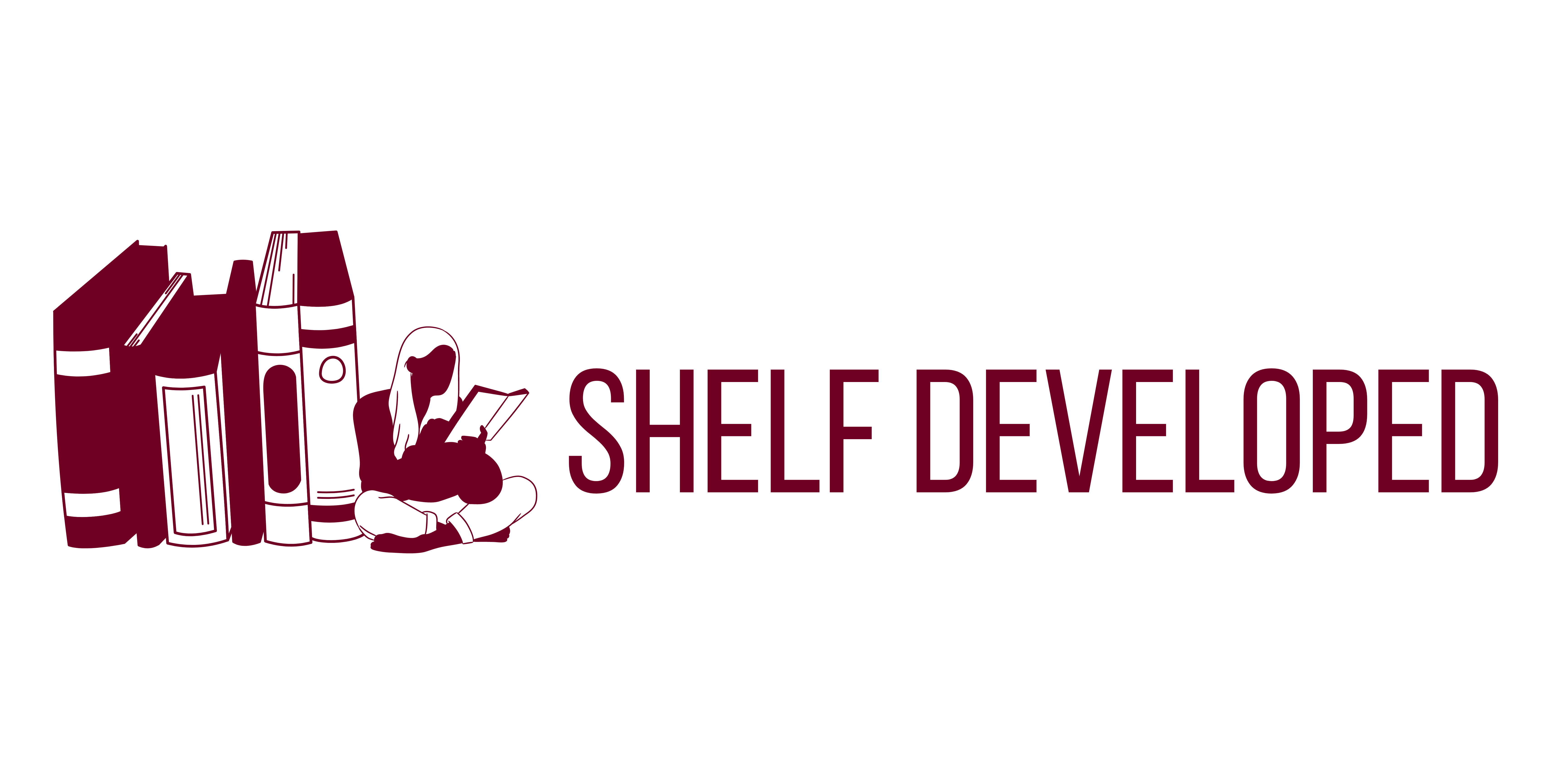ATTN: Shortening spans
The New York Times published an article about our diminishing attention spans — now reduced to a dire 8-second situation at best. It becomes difficult to focus, complete tasks, and often forget an unusual number of things. We are living in a world of distraction.
Longer attention spans can help us be more productive at work, be more present, and enjoy our lives better. It became really difficult for me to do all three when the pandemic started. I was living in a studio apartment all by myself and barely seeing people. Going to the grocery was an affair that required at least three hours of waiting in line. More virtual meetings were instituted at work as an attempt to help us employees connect, but I was tuning out more often than ever. I could not work on a single task for more than ten to twenty minutes at a time with deep focus.
Even with the chance to spend time with a loved one, engaging in a sustained conversation was challenging. I was distracted no matter what I was doing. My mind could not sit still. I was ultimately suffering from burnout like many others — but my waning attention span was a result of this.

Reading for focus
While reading had always been a part of my life, it became a major solace in 2020. It helped quell the constant hum of anxiety and worry about what was happening in the world.
Picking up reading does not translate to immediate results. Having a really engaging book may keep you reading for hours (as was the case for me with VE Schwab’s Shade of Magic series). But when you’re so used to scrolling on your phone for breaks or leisure, it can be difficult to get past a page or two without hyperstimulating visuals keeping your attention in a chokehold.
What helped me was reverting back to a rule I used in college when mounds of school reading took precedence over reading for leisure: ten pages a night. With consistency, it can get easier to go from two pages to five to ten over a couple of nights.
While the subject matter can influence how long you read a book, it largely has to do with disciplining your mind to pay attention. Reading for focus — immersing yourself in the story — is not the same as reading to fall asleep. You are actively engaging with the content on the page through comprehension or visualization.

Reading for critical thinking
Habitual and intentional reading helps us improve our ability to understand. According to Mortimer J. Adler, author of How To Read A Book, many people go through college having a reading comprehension level no better than a sixth-grader. We never progress to more critical levels of reading, like analytical or syntopical reading. Most of us are stuck at elementary and inspectional reading. That means reading words on a page and only being able to summarize what we’ve read.
Reading helps stretch our concentration because we are engaging with the content for a long period of time. It also helps stretch your ability to comprehend. It helps us understand ourselves in context to what we’ve read.
Is what the book says true? Do I agree with it? Why or why not? Does this fit in with my experiences and perspectives of the world? How would I compare this to other things I’ve read? These are some examples of questions I try to ask myself when reading a book or an article. They force me to go beyond simply saying a book was “good”, or “enjoyable”, or that “I liked it,”. While there’s nothing wrong with that, I don’t find them compelling answers for when someone recommends books to me — so why should I do the same to others?
I figured that if I were going to spend all this time reading a book, I should try to get a little more out of it. Don’t get me wrong. There are some books that you truly just read for entertainment, and that is absolutely fine. But as a reader, I do want to push myself to go beyond being widely read and becoming well-read, instead.
Putting it together
When we have trained our minds to read something in its entirety and truly understand it, we are better equipped to fight against misinformation, sensationalism, and sharebait. I hope that you find joy in reading. I also hope you can let reading help you become better.
Are you looking for book recommendations to work on developing your focus? Check out these 12 amazing books to read!

